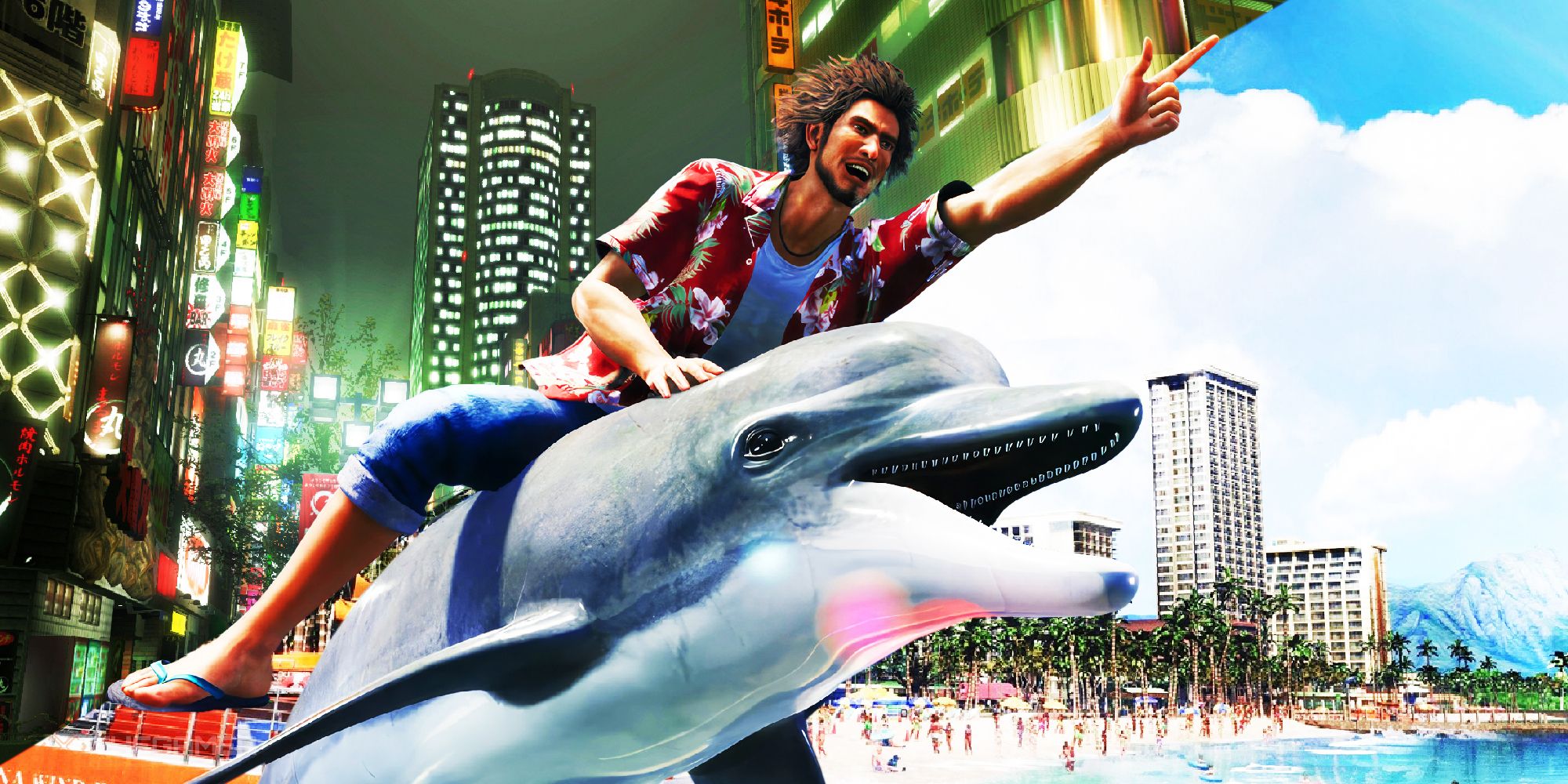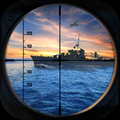Leaving Japan Behind Is The Best Thing Like A Dragon Has Ever Done

I’ve always been afraid of Yakuza broadening its horizons. But as the name changed to Like a Dragon and it became clear that the Japanese criminal underworld was no longer its main focus, as the series embraced its growing Western popularity and went global.
I can’t stress just how well Like a Dragon: Infinite Wealth has taken to this new direction, embracing globalisation without ditching its absurd roots. The opening hours are spent reliving Ichiban Kasuga’s glory days in Yokohama as he is beloved by the public and holding down a steady job. All of his friends are doing well too, and it’s only once a new threat comes along that our hero is forced to leave things behind.
This brief glimpse at Yokohama again before Honolulu becomes our playground for the next hundred hours reminds me of where the series has called home for the past two decades. A small fictionalised section of the Tokyo red-light district, painstakingly recreated with just the right amount of realism. When I was in Tokyo in real life I immediately went to the iconic red arches and could navigate the surrounding streets because I had played so much Yakuza, and Infinite Wealth brings this same sense of authenticity to Honolulu in ways I don’t think anyone expected.
Don’t get me wrong, it’s still ridiculous. You are weaving through traffic on a segway and picking fights with every other person on the street, not to mention having a dedicated button to hang loose with anyone and
everyone. It is all gaudy shirts and beautiful sunsets where shaved ice is never more than a few steps away. But there is also an adoration for the culture, with its side stories and random dialogue unveiling more about an island I’ve never even been to. I even learned that some real world stores and brands can be spotted throughout Honolulu to a point where players are taking selfies with Ichiban and comparing it to themselves.
A huge part of Like a Dragon’s appeal has always been the virtual tourism it provides when it comes to Japan, with accurate renditions of pedestrian streets and regular businesses which are recreated in pixel form to absolute perfection. We believed for years this was everything it could be, failing to realise that our love for Japan was preventing a broadening of horizons that serves Like a Dragon far more than it takes away. Now we’ve seen it in action, Yakuza could go anywhere and do anything and I’d happily be on board.
It reminds me of Dead Rising. Before the series transitioned over to the newly formed Capcom Vancouver, Frank West’s debut adventure was a Japanese take on American culture that leaned into clichéd Americana and excessive consumerism with all the creative humour and character work you’d expect from Capcom. It remains one of the series’ best entries for that very reason, like a developer was trying to recreate Dawn of the Dead in a foreign language from behind an impenetrable pane of glass. The brilliance is plain to see, and until it was given the opportunity, we never would have appreciated what it could have been. Now we’ve seen that glass broken for Like a Dragon and there’s no going back, and where exactly the series decides to go next will be treated with equal excitement.
Ichiban Kasuga feels at home in Honolulu because he’s an optimistic fish out of water who throws himself into every situation without ignorance or malice. Regardless of where he is and what he’s doing, he’ll always seek to do the right thing and protect the weak. He often uses Japan as his first point of reference, but seldom questions the eccentricities of other cultures before accepting them outright. I want to see Ichiban do this in other places from around the world which are both faithful and exaggerated in the way only this series can manage without falling off the tonal tightrope. I can see Like a Dragon returning to Japan, even expanding on it further, but now we’ve flown the nest, it’d be silly to go back for good.
Next: Infinite Wealth Understands The Heartbreak Of Memories













